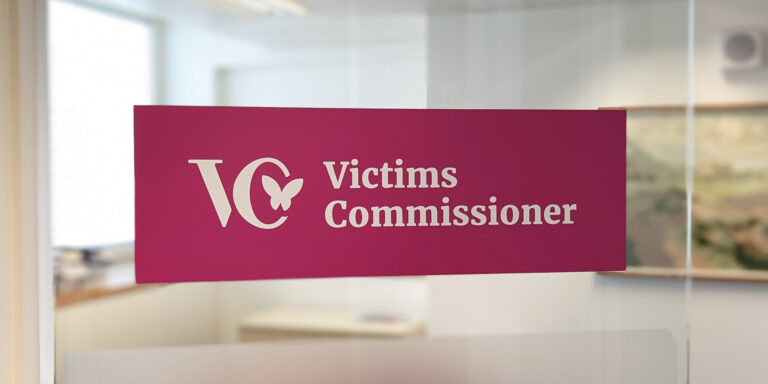Victims and survivors of police-perpetrated domestic abuse are still being let down

Commenting on The Centre for Women's Justice's (CWJ) new report, Baroness Newlove said that failures highlighted in the report mean valuable opportunities to identify and root out abusers are not being grasped.
More than four years since CWJ submitted their police-perpetrated domestic abuse super-complaint — and two years since HMICFRS published its findings — a new CWJ report drawing on the experiences of 200+ survivors and victims highlights how survivors continue being let down, overlooked and dismissed in the wake of missed opportunities and limited progress.
Published today, CWJ’s three-part report identifies eight concerning themes, emerging from survivor experiences — such as failure to identify multiple allegations against the same officer, poor understanding of controlling or coercive behaviour and worrying examples of criminalising victims who come forward, looking to the police for help.
In following parts, the report considers the raft of policing initiatives announced since the initial complaint as well as identifies the areas in most urgent need of action. These include better data-capture and use, improve how police-perpetrated domestic abuse is recorded, investigated and addressed as well as legislative reform ensuring that survivors working within the police have access to relevant internal misconduct mechanisms.
Commenting on the new report, the Victims’ Commissioner, Baroness Newlove, said:
Domestic abusers have no place in our police forces. This Centre for Women’s Justice (CWJ) report serves as a stark reminder that victims and survivors of police-perpetrated domestic abuse are still being let down and I welcome their recommendations.
Two years on from the conclusion of CWJ’s super-complaint, victims continue to face significant barriers when reporting. The report highlights several troubling examples of survivors being ignored or dismissed—some even facing baseless counter-allegations after coming forward. CWJ found poor victim confidence is leading to under-reporting, which risks the problem becoming more entrenched. Victims have spoken and it’s important we listen.
Failures to share intelligence, spot patterns of behaviour, and connect the dots mean valuable opportunities to identify and root out abusers are not being grasped. We have missed these signs before with devastating consequences. This cannot continue and it is vital victims have routes to escalate reports as well as access to appropriate support. We need to dismantle the culture that shields abusers and fails to hold them to account.
Updating guidance on vetting and misconduct is a necessary first step. But guidance alone is meaningless unless it is enforced. While the NPCC, College of Policing and others have set out clear plans, these bodies ultimately lack teeth. Without proper accountability, the success of these initiatives ultimately hinges on the commitment of individual chief constables.
ENDS
